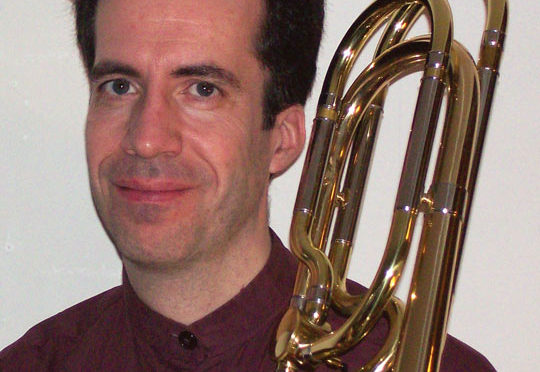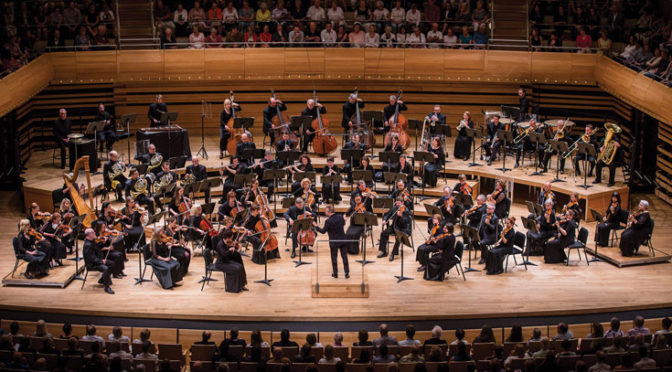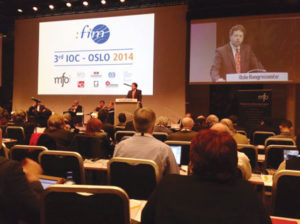 by Robert Fraser, OCSM President and member of Local 247 (Victoria, BC)
by Robert Fraser, OCSM President and member of Local 247 (Victoria, BC)
Pour la version française, cliquez ici.
This summer the Organization of Canadian Symphony Musicians (OCSM) Conference will be held at the Hotel Pur in Quebec City. All orchestral musicians are invited to observe our open sessions from August 14-16. For the afternoon session on the 15th and the morning session on the 16th, we will have simultaneous English/French translation available. On those days presenters and participants will be able to work in the official language of their choice.
If you regularly read the player conference columns in this publication (thank you, by the way) you already know what we’re all about. At a typical conference, representatives from each orchestra give reports on their orchestra’s activities throughout the year. We zero in on specific issues and topics, we establish working committees that consult throughout the season (especially on issues such as electronic media), and we hear from all parties related to our industry: our union leadership, our management service organization, our pension fund, our legal experts, and guest speakers in fields ranging from public relations to health and safety.
Two years ago in this column I wrote about ways that you, as an orchestra musician, can make the best use of your orchestra’s membership in OCSM, and ways that you can get involved, even if you’re not a delegate or committee member. I will repeat some of those points here. They can never be over-emphasized.
If you are an orchestra committee member or on your orchestra’s negotiating committee: please include your OCSM delegate in your regular deliberations and communications. In cases where the OCSM delegate is on one or both committees, that’s not a problem, but sometimes we have delegates who feel “out of the loop” because there are poor lines of communication. An OCSM delegate can be a valuable asset. If they have attended multiple conferences, then they have met key people from each orchestra and have gained valuable knowledge that can assist in a number of situations. Furthermore, the delegates communicate to each other through a secure e-mail list, so they can easily gather information from each other.
If you are a long-serving musician in your orchestra: take time to compile your orchestra’s history. As orchestral musicians we do a good job of passing our musical knowledge to the next generation, but what about our knowledge of negotiations, strikes, temporary shut-downs, changes in our orchestra’s business practices, search committees, etc.? In my career, I have seen too many things repeated from orchestra to orchestra that should not have been repeated. Staff and boards come and go, but there are people in some orchestras that have been there longer than 40 years. Use them. A good place to start is to make a simple chart of your orchestra’s negotiating history for the last three contracts. This would include wage changes for each year and your orchestra’s operating expenses, at least. Thankfully, some of this has been done already—the AFM has put all our OCSM wage chart data online, going back several years.
And finally—and this is perhaps most important—there are ways to get involved in helping both your orchestra and OCSM, without spending hours on a committee. Do you have a skill that could be put to use part-time? Are you good at photography or videography? Take candid pictures or videos from a musician’s perspective. These are great for musician social media presence. Maybe you write well. Offer to write something for a blog or newsletter. Perhaps you volunteer for a community organization that could involve your colleagues. Any activity that puts your orchestra in the center of the community it serves is worthwhile.
As always, I look forward to meeting all your delegates next month, and continuing our mission to be “The voice of Canadian professional orchestra musicians.”





